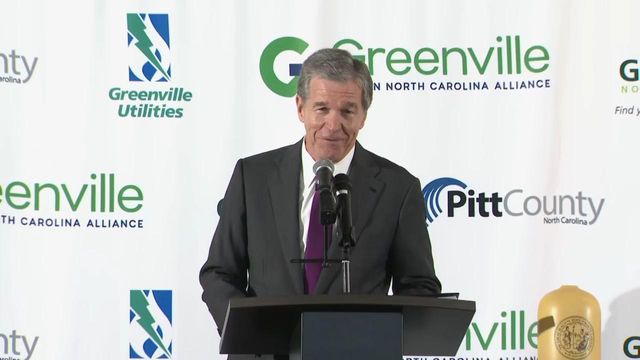Raleigh scraps community advisory groups
After more than 40 years of providing community input to Raleigh leaders, the citizen advisory councils will soon be disbanded.
The Raleigh City Council voted 6-2 on Tuesday to scrap the system of 18 Citizen Advisory Councils, which each represent a different section of the city and review all rezoning requests and serve as a conduit for information to get from city departments to residents and vice versa.
Councilman Saige Martin proposed the change, along with creating a city Office of Community Engagement and hiring a consultant to help the council find new ways to touch base with a wider cross-section of Raleigh residents.
"We were elected. We cannot rely on these other organizations to have meetings for us," Martin said.
Councilman Corey Branch opposed the move, saying CACs play an important role in community safety and planning for parks and other amenities. Until a consultant comes up with something better, he said, the city will have a void in its community outreach.
"The challenge is for us to fill that void," Martin responded. "That's the job of a City Council member."
"Why are we taking this action today?" Councilman David Cox asked as Mayor Mary-Ann Baldwin gaveled him out of order.
Cox, who also voted against the measure, said the most active CACs are in northeast, southeast and south Raleigh, where many low-income residents live.
"This hurts our disadvantaged communities," he said.
Martin called that assertion "asinine," saying the same 30 to 50 people showing up for CAC meetings doesn't really connect that community with city officials.
CACs will be allowed 45 days to wrap up pending rezoning hearings, Martin said, but all other city resources will be withdrawn from them.
"Change is good; transition is difficult," Baldwin said in praising the effort, which she called an "incredible opportunity" for city governance to be more inclusive.









